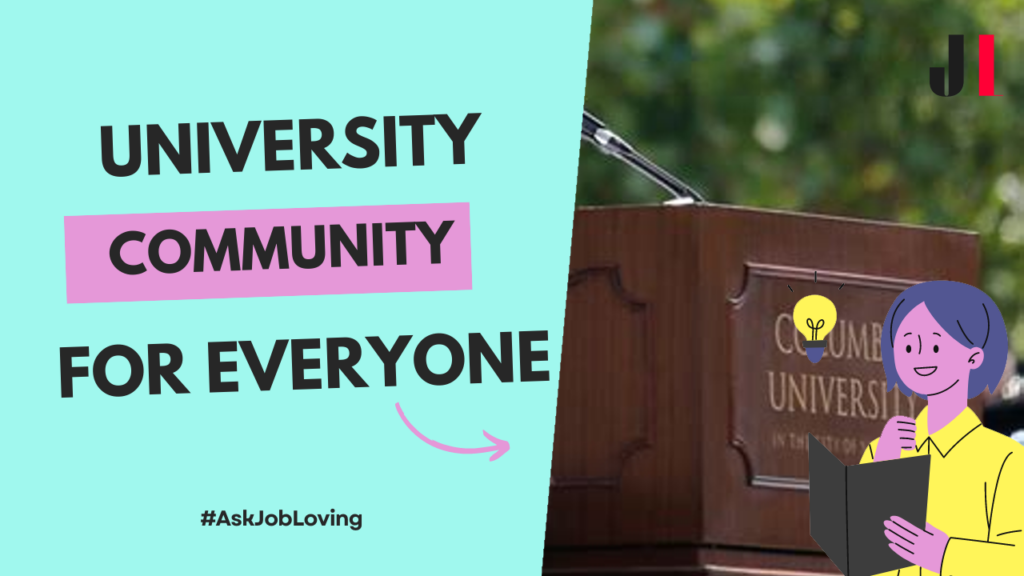Does Columbia University Do Affirmative Action?
Affirmative action has long been a hot-button issue in U.S. higher education, and Columbia University is no exception. So, does Columbia utilize affirmative action policies in its admissions process? Historically, yes. However, recent developments have dramatically shifted the landscape of affirmative action in American colleges and universities.
As of June 2023, the Supreme Court ruled that institutions could no longer consider race as a factor in admissions decisions. This landmark decision places many universities, including Columbia, in a challenging position as they aim to maintain a diverse student body without explicit race-based criteria. This means Columbia may now employ alternative strategies to foster diversity, focusing on socio-economic status, geographic representation, and other non-race-based criteria.
Columbia’s Historical Context with Affirmative Action
Columbia, like many Ivy League institutions, has leveraged affirmative action to create a vibrant campus community reflective of broader societal diversity. The intention was to rectify historical injustices and ensure that students from various ethnic backgrounds had equitable access to educational opportunities. University president Lee C. Bollinger has been a vocal advocate for these policies, arguing that diversity enriches the educational experience for all students.
Yet, the discussion is more nuanced than just “Do they or don’t they?” Affirmative action was designed to address systemic inequalities, but it also brings up debates about meritocracy and fair play in admissions decisions. Critics argue that legacy admissions often overshadow the intended benefits of affirmative action, allowing some underqualified candidates to secure spots thanks to family connections rather than academic merit.
The Future of Diversity at Columbia
The recent Supreme Court ruling will undoubtedly shape how Columbia approaches admission strategies moving forward. As the university navigates this shift, many are curious about its ability to maintain a diverse student body without explicit race-based policies. The focus might lean more towards understanding the broader context of students’ life experiences and socio-economic backgrounds instead.
Columbia has also adopted policies such as going permanently test-optional for undergraduate admissions. This move opens doors for students who may not have had access to extensive test preparation resources, thereby indirectly contributing to a more diverse applicant pool.
“Racial diversity in higher education is crucial, but how we achieve it is evolving,” said a commentator on the decision.
Conclusion
To sum it all up, while Columbia University historically embraced affirmative action policies aimed at achieving racial diversity within its student body, recent Supreme Court rulings will undoubtedly push them to rethink and adapt their strategies moving forward. It’s essential for institutions like Columbia to innovate in their approach to maintaining inclusivity in an ever-evolving educational landscape.
If you need further information or resources on whether Columbia University does affirmative action or about related topics, feel free to connect with us at the JobLoving community!

